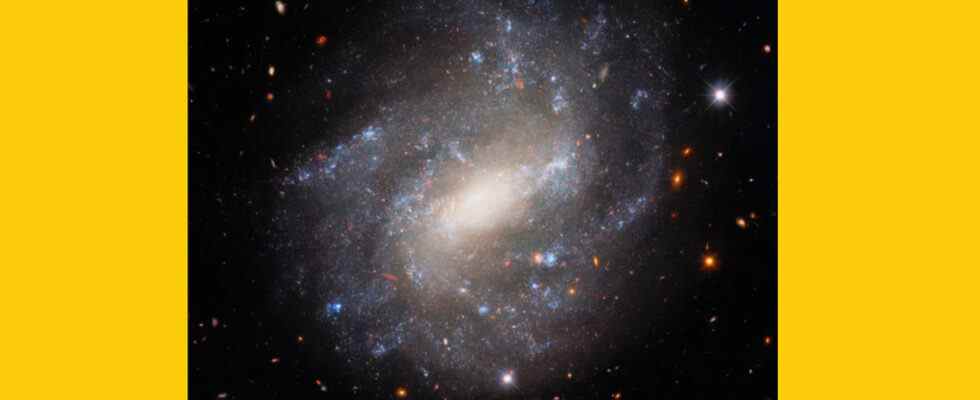We’ve always wondered how big the universe is. The universe, estimated to be about 92 billion light-years across, continues to expand. We do not have a clear idea about the expansion rate of the universe, which we know is constantly expanding. Astronomers are doing various studies to measure this expansion.
How is the size of the universe measured?
Astronomers use a method called the cosmic distance ladder to tell how far away objects are. In this method, different objects are used like steps on a ladder to measure distances, such as the movements of pulsating stars called the ‘Sefe variable’ and observing a type of supernova called Type 1a.
Each of these object classes excels at determining increasingly larger distances. But for calculations to be accurate, they must be calibrated. The brightness of Cepheid variables changes over time, and more importantly, the speed of changes in brightness correlates with their actual brightness. So when we see a star flickering, we can find its true brightness and compare it with its apparent brightness to find out how far away it is.

For even more distant objects, a Type 1a supernova can be used as a benchmark. Because these explosions always have approximately the same brightness. So we can compare the apparent brightness with the actual brightness to find out how far away it is. But to accurately measure distance, there is a need for a way to check whether the distances calculated based on the Sefe variable are calibrated to distances based on supernovae.
That’s where galaxies like UGC 9391 come in, both of which contain Cepheid variable stars and recently hosted a Type Ia supernova. This week’s image from the Hubble Space Telescope shows this handy distance measuring tool in all its glory.

UGC 9391 helps astronomers improve distance estimates by providing a natural laboratory where they can compare two measurement techniques (supernova explosions and the Cepheid variable). This is how it can be measured how fast the universe is expanding, with distance measurements appearing in a comparative way.
So what do you think about the size of the universe? You can share your views with us in the comments section.
